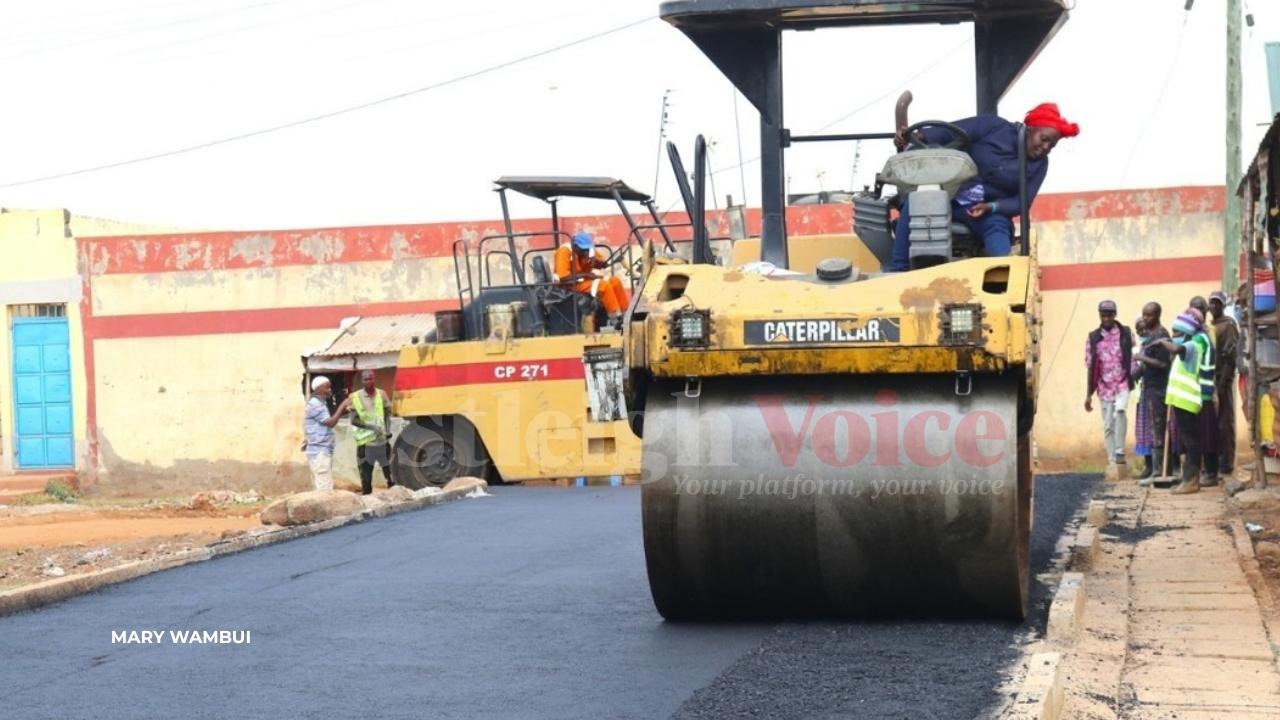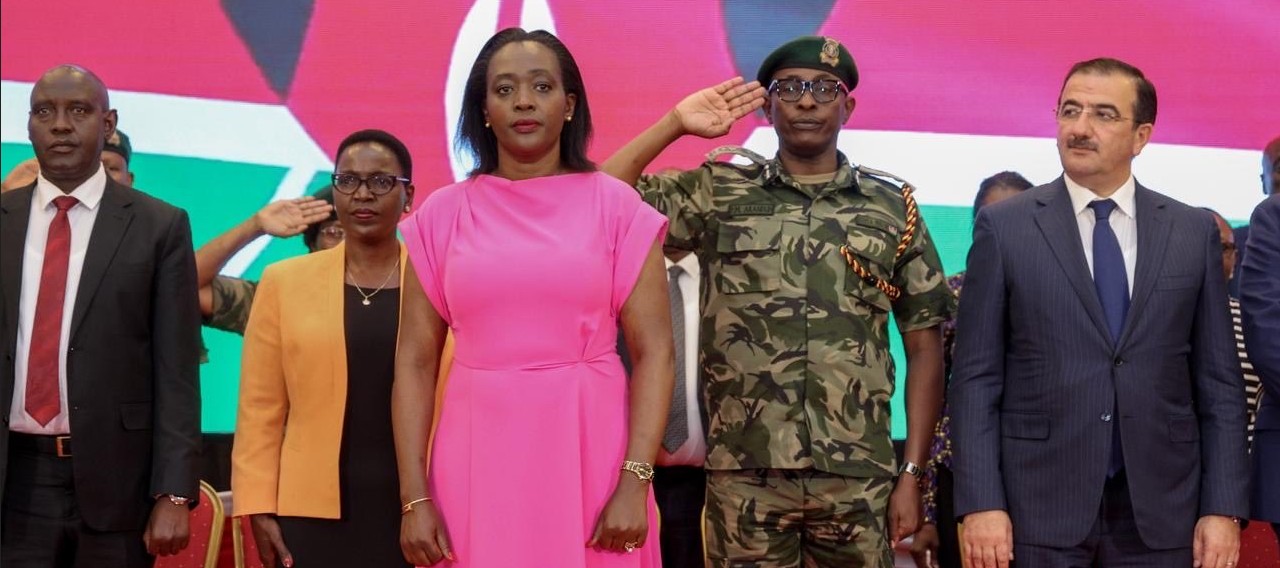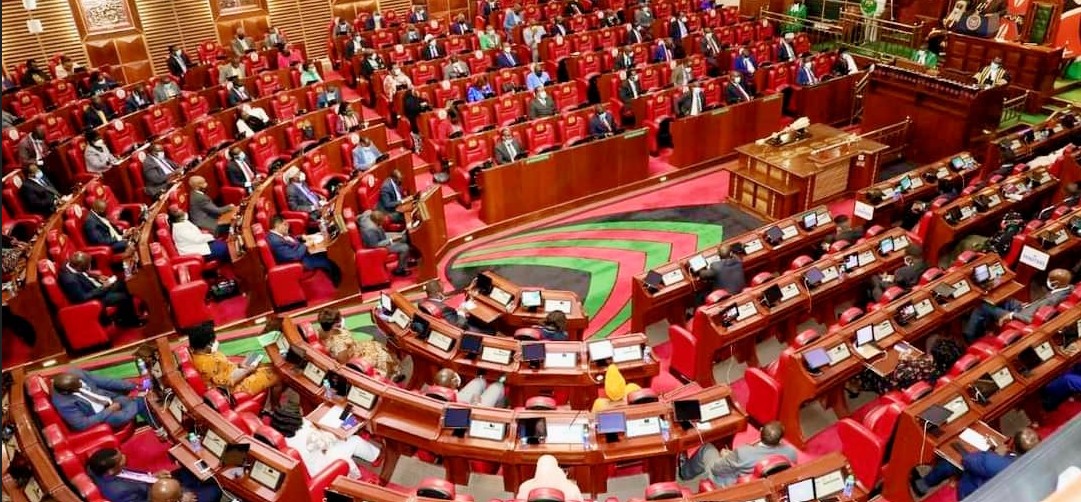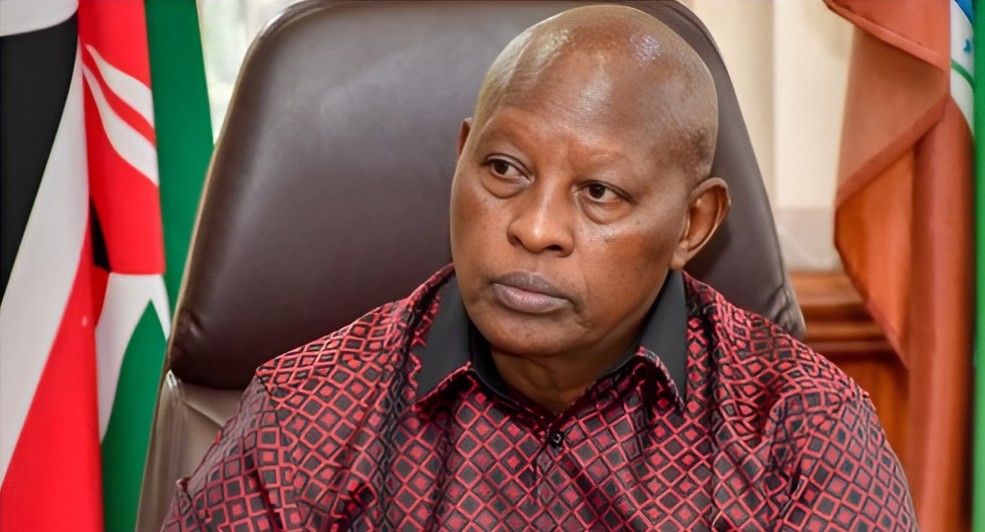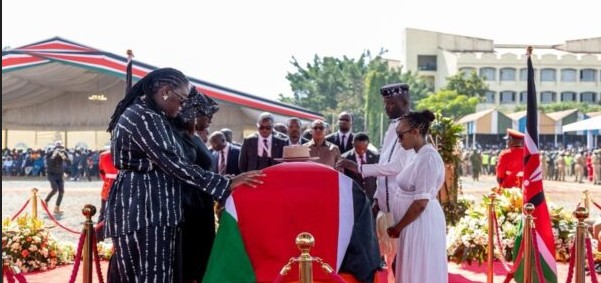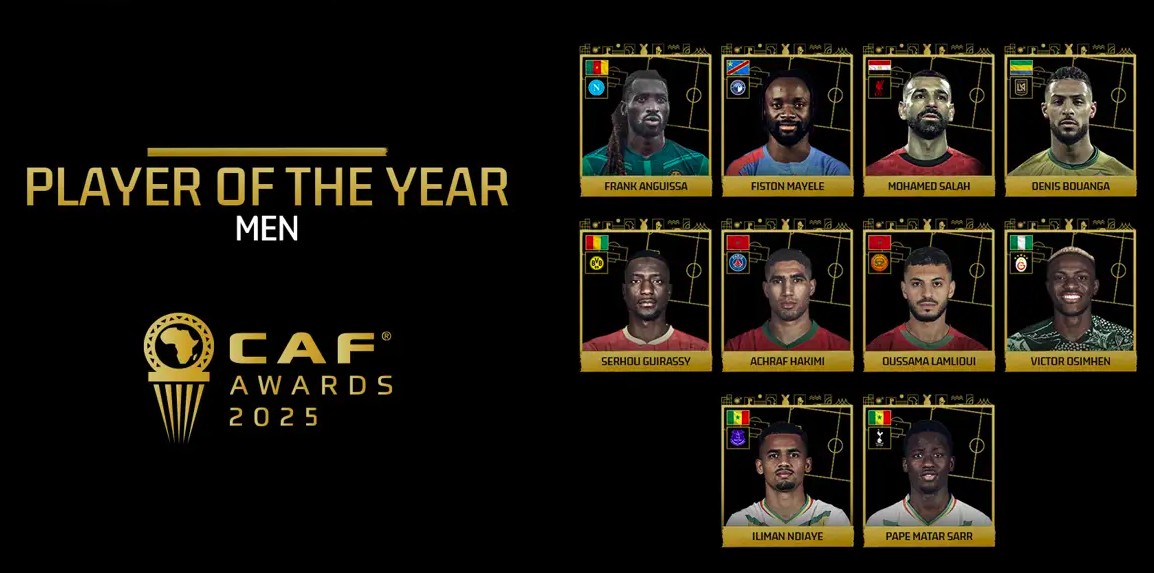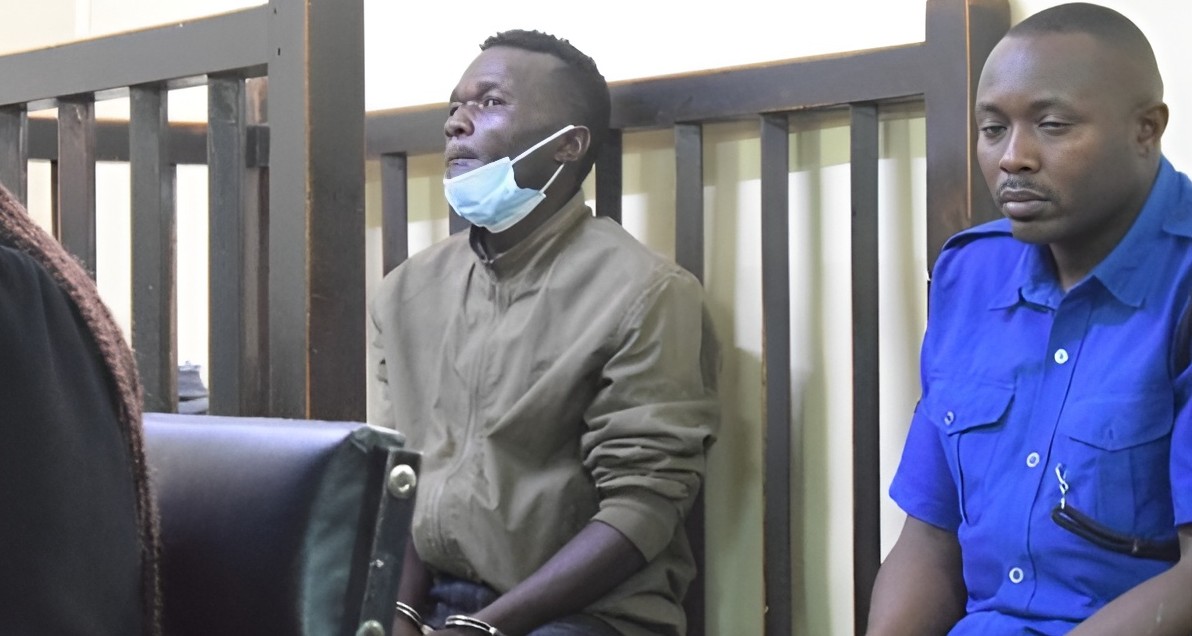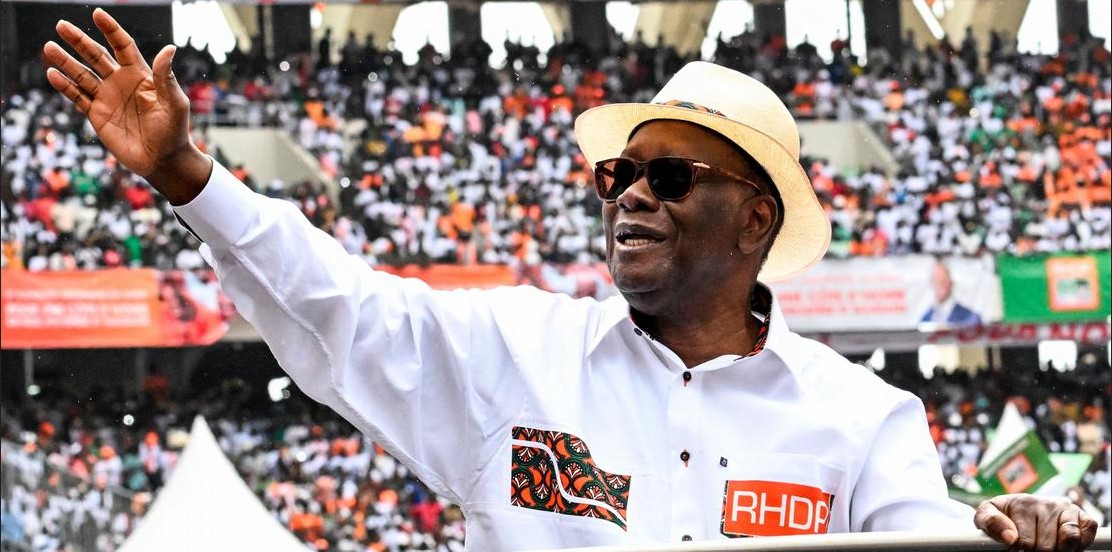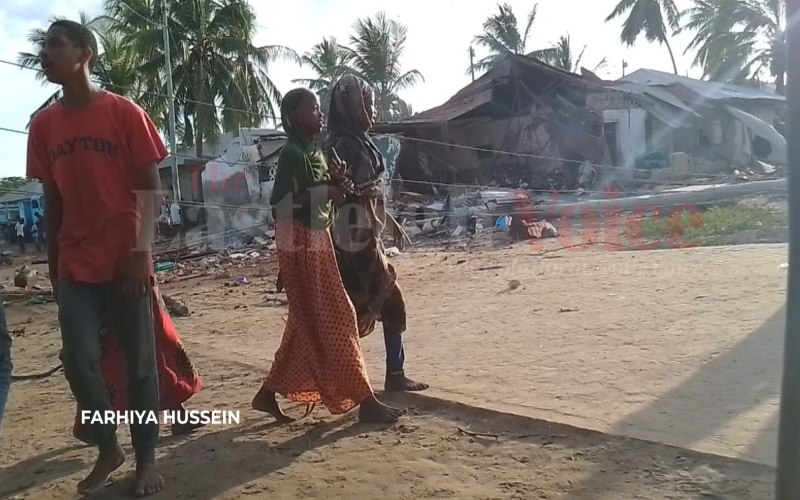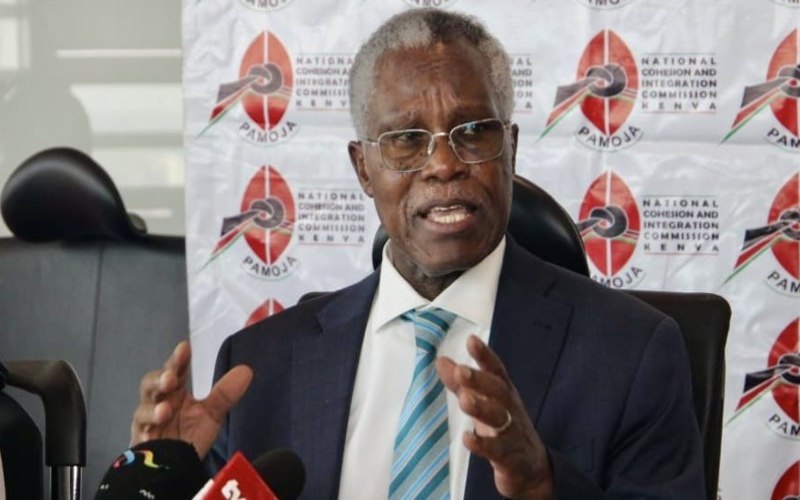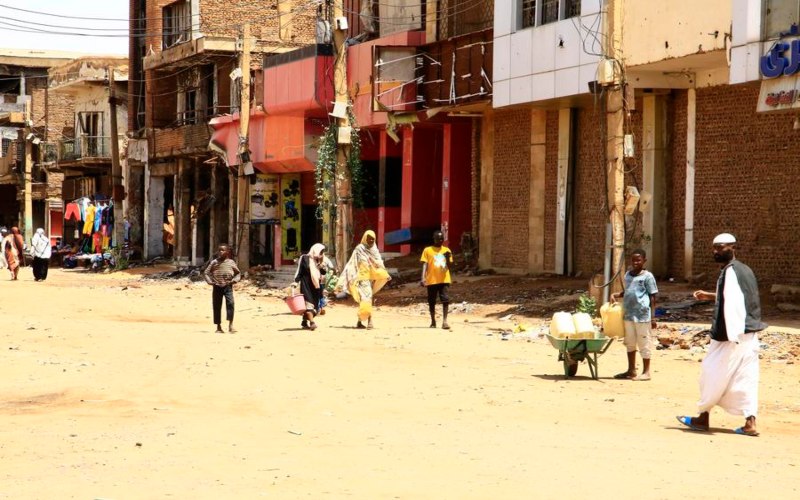Tensions rise between Sudan army and United Arab Emirates
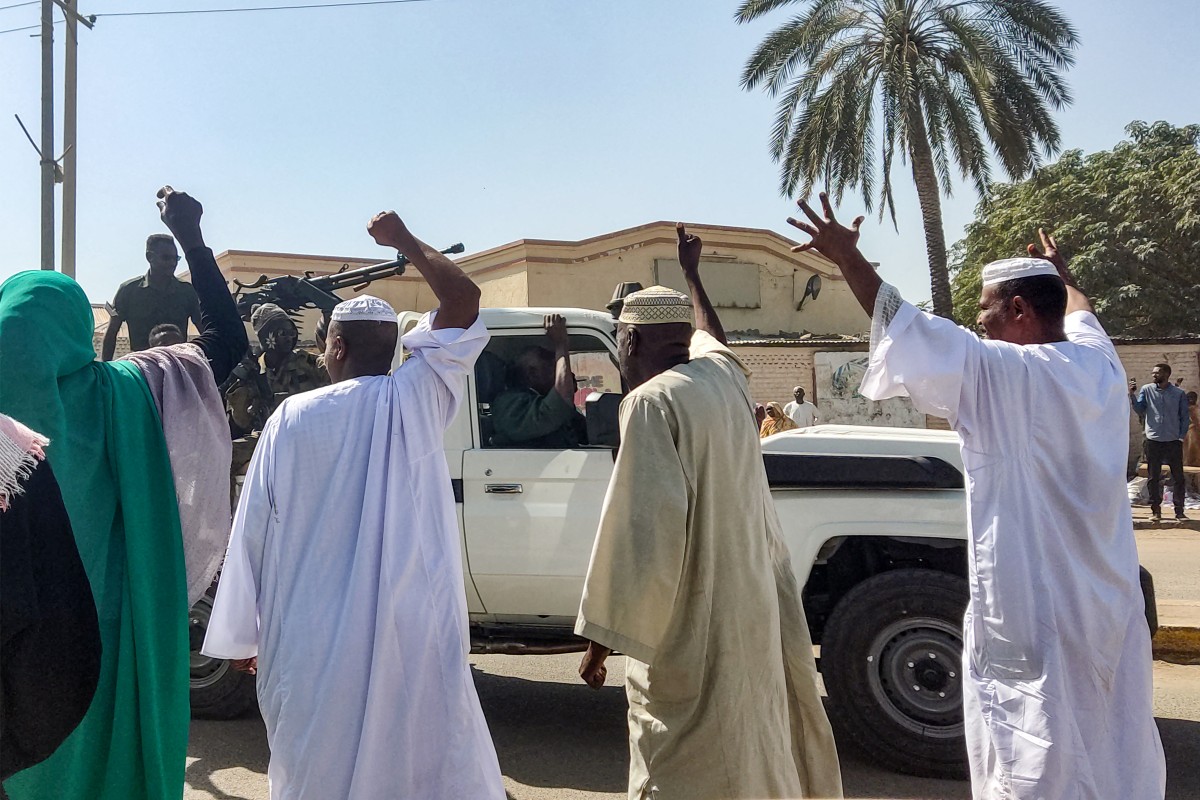
The army has thrown caution to the wind by making its accusations public and having the foreign ministry expel 15 UAE diplomats.
For months, Sudan's army kept silent amid alleged Emirati interference in the country's civil war, but its anger has finally boiled over, leading to harsh exchanges between Khartoum and Abu Dhabi.
The brutal conflict broke out in mid-April between the army and the paramilitary Rapid Support Forces (RSF), killing more than 12,000 people and displacing millions.
More To Read
- IOM urges immediate aid as Khartoum returnees surpass one million
- Sudan’s El Fasher on brink of collapse as RSF siege traps thousands
- Drone, artillery strike kills 60 at refugee camp in Sudan
- Inside El Fasher: A city under siege as hospitals and civilians face relentless attacks
- Conflicts in DRC and Sudan threaten COMESA integration, warns Secretary-General Chileshe Kapwepwe
- ICC renews call for the arrest of former Sudan President Omar al-Bashir
In November, General Yasser al-Atta, second-in-command to army chief Abdel Fattah al-Burhan, openly denounced the United Arab Emirates, calling it a "state mafia" that had "taken the path of evil" by supporting the RSF and its leader Mohamed Hamdan Daglo.
Atta accused Abu Dhabi of funnelling weapons through Chad, Uganda and the Central African Republic to the RSF with the help of the Wagner Group, the Russian mercenaries who once enjoyed a foothold in Bangui.
"With the weakening of Wagner, their planes have also passed through Chad, landing for a week at N'Djamena airport," Atta added, also accusing eastern Libya strongman Khalifa Haftar of being a conduit for paramilitary supplies.
UAE officials did not respond to AFP's request for comment.
Experts have warned of the existence of such a supply line since the start of the war, but until November Sudan's army had not made the accusation publicly.
"Until recently, the Burhan camp exercised caution and diplomacy, avoiding direct verbal confrontations against key players such as Libya's Haftar, Russia and Abu Dhabi," Jalel Harchaoui, associate fellow at the Royal United Services Institute (RUSI), told AFP.
But the army has thrown caution to the wind by making its accusations public and having the foreign ministry expel 15 UAE diplomats.
'Plausible deniability'
In August, the Wall Street Journal said aid shipments sent via Uganda and intended for Sudanese refugees in Chad had been found to contain weapons destined for the RSF.
The UAE promptly denied the report. It said Abu Dhabi "does not take sides in the current conflict".
Alex de Waal, an expert on Sudan, said that UAE President Mohamed bin Zayed was a supporter of RSF chief Daglo.
De Waal said the pair forged a relationship in 2015 when Daglo provided paramilitaries for the Saudi-Emirati ground intervention in Yemen's civil war.
Daglo -- who controls much of Sudan's lucrative gold mining sector -- "also has a mutually profitable business trading gold to the UAE," de Waal said.
Though the UAE is formally the world's top buyer of Sudanese gold, observers say many of the support lines are underground.
Andreas Krieg, a security studies professor at King's College London, said "the story of the UAE in Sudan is (one) of networks curated by Abu Dhabi to achieve strategic objectives with plausible deniability and discretion".
Harchaoui, of RUSI, said the deniability had ensured any condemnation of Emirati interference was only "tepid".
'Act of desperation'
Nevertheless, with rumours having swirled for months, tensions came to a head in November when hundreds of pro-army demonstrators took to the streets in the eastern city of Port Sudan demanding the expulsion of the Emirati ambassador.
Shortly after, Sudan's acting foreign minister Ali al-Sadiq said Abu Dhabi had expelled Sudanese diplomats from the UAE.
"We have not asked for justifications from the UAE, even though we had information of their involvement in the war," he told state television in early December.
"But they were the ones who expelled our diplomats, and so we had to respond."
Last week, the foreign ministry declared 15 UAE diplomats persona non grata, demanding they leave Sudan "within 48 hours".
The move came "because we are at an impasse with the UAE," Sadiq said.
However, according to Harchaoui, the move can be better understood as "an act of desperation" for a force whose "options are dwindling".
While neither side has been able to seize a decisive military advantage, the RSF now controls the streets of the capital Khartoum, the vast western region of Darfur, and is increasingly encroaching on the south.
"By taking a bold stand, (Burhan) might be hoping to draw more attention and condemnation towards the UAE's illicit injections of weaponry in support of (Daglo)," Harchaoui said.
Story by AFP
Top Stories Today

